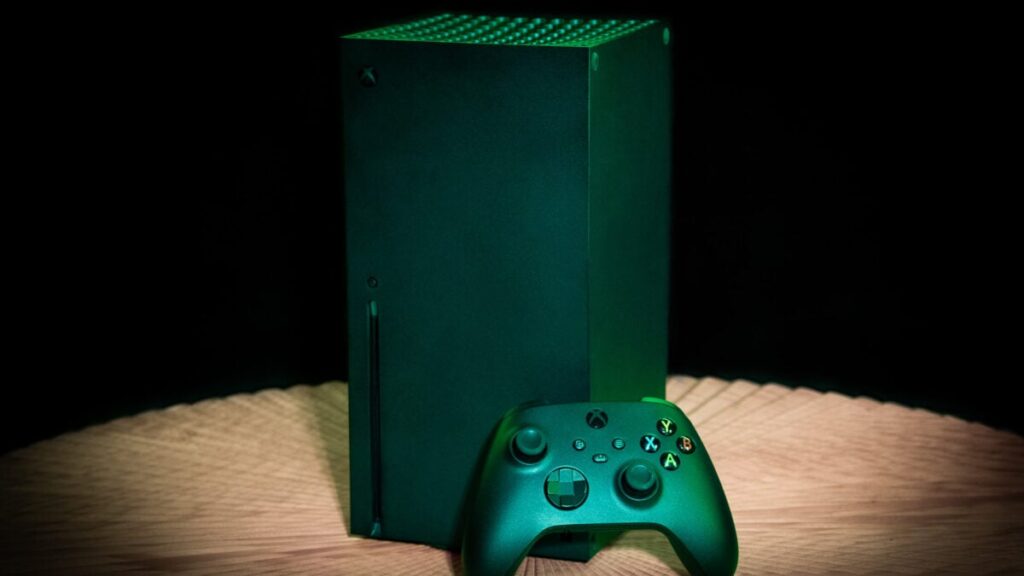
Five years ago, the Xbox Series X launched with ambitions to redefine the gaming experience. Marketed as a powerhouse for couch gaming at a $500 price point, the console has since seen its price rise to $650 in 2025, as its technological edge has been surpassed by the latest PC components. Meanwhile, Microsoft’s Game Pass, once hailed as the best deal in gaming, has become more costly for those seeking premium features.
This development follows a broader strategic shift by Xbox, aiming to reshape the gaming industry away from hardware exclusivity towards a focus on the games themselves. Titles like Halo and Gears of War have made their way to PlayStation, signaling a new era where platform boundaries blur. Yet, Xbox remains a significant player, poised to challenge conventional gaming norms.
Challenging the Status Quo
According to Mat Piscatella, a leading video game industry analyst at Circana, “What they’re attempting to do is blow up the traditional gaming framework.” The question remains whether players will embrace this change. The shift towards subscription-based gaming has led to increased reliance on digital platforms, leaving consumers at the mercy of platform holders.
Recent reports, such as Bloomberg’s claim of a 30% profit margin mandate across the Xbox brand, highlight the financial pressures facing Microsoft. This move has sparked criticism, with some viewing it as a departure from industry norms.
The Evolution of Xbox Hardware
The Xbox Series X continues a legacy that began with the original Xbox in 2001, which sought to bring a PC-like experience to the living room. The Series X, with its custom AMD processor and advanced features like ray tracing, was designed for 4K gaming. Despite its capabilities, the console generation has been marked by a lack of exclusive titles that drive hardware sales.
Microsoft’s approach to hardware innovation has been questioned, particularly with the absence of a mid-cycle refresh akin to Sony’s PlayStation 5 Pro. Leaked documents suggest plans for a device codenamed “Brooklin,” but such a product has yet to materialize. Instead, Microsoft has introduced variations like a disc drive-less version and a redesigned Series X with expanded storage.
The Xbox Ally X: A Misstep?
The release of the Asus ROG Xbox Ally X, a handheld PC branded as an Xbox, has added to the confusion. Critics argue that the handheld fails to deliver a true console experience, with unfinished UI elements and other technical issues. Seamus Blackley, one of the original Xbox creators, questioned whether it was merely “a branded laptop with joysticks.”
Focus on Games and Game Pass
Despite the hardware challenges, Xbox has made significant strides in game publishing. Titles like Clair Obscur: Expedition 33 and Avowed have found success, thanks in part to Xbox’s promotional efforts and Game Pass inclusion. The service has become central to Xbox’s strategy, offering a vast library of games and cloud gaming capabilities.
However, the rising cost of Game Pass has drawn criticism. The “Ultimate” tier now requires a higher fee for day-one access to major releases. Microsoft’s broader business model, heavily reliant on enterprise services, contrasts with the consumer-focused nature of Xbox, creating tension within the company’s strategy.
The Path Forward
Looking ahead, Xbox’s future hinges on its ability to adapt to a rapidly changing gaming landscape. The rumored next-gen console, Project Magnus, promises significant hardware advancements, potentially positioning Xbox as a premium option for enthusiasts. Yet, the broader strategy appears to be moving away from hardware exclusivity towards a more platform-agnostic approach.
Industry experts like Joost van Dreunen suggest that Xbox’s long-term success will depend on its ability to generate engagement across its ecosystem, rather than relying solely on console sales. The challenge will be convincing players to embrace this new model, especially as competitors like Valve and Nintendo continue to thrive with different strategies.
As Xbox navigates these challenges, the gaming community remains divided. While some welcome the shift towards greater accessibility and cross-platform play, others lament the loss of traditional exclusives. Ultimately, Xbox’s ability to innovate and communicate its vision will determine its place in the future of gaming.






